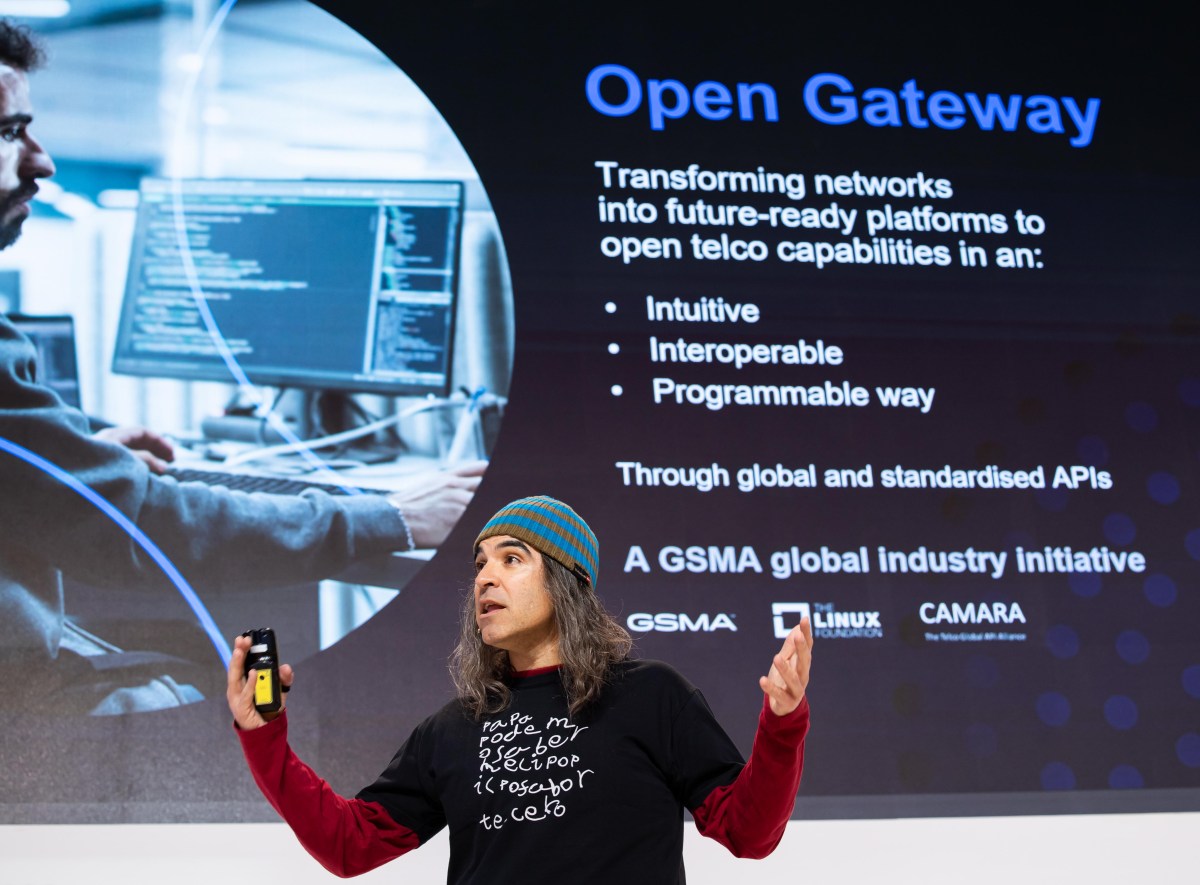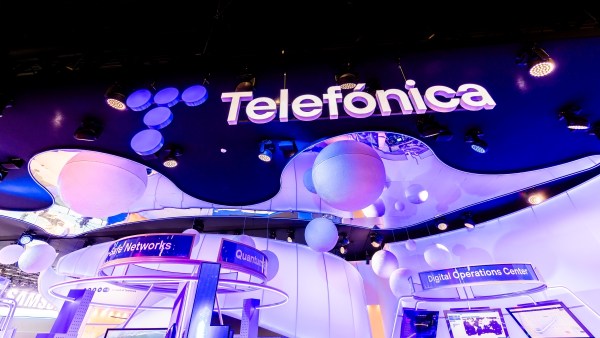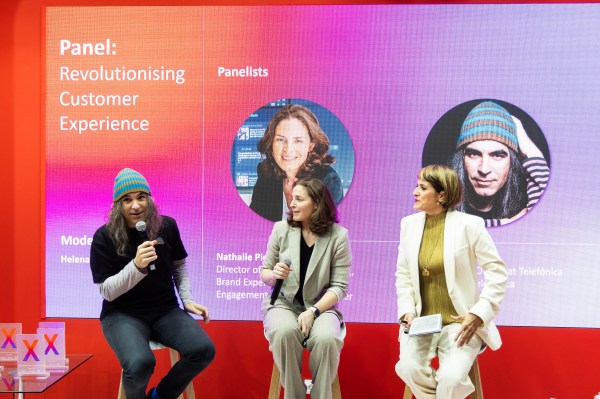Telefónica is moving forward its commitment to transform the telecommunications sector with Microsoft as part of the strategic agreement that the two companies have held since 2019. Today it announces at the Mobile World Congress (MWC) that the two companies will collaborate within the framework of GSMA Open Gateway initiative. With this global project, the operators are opening up access to their telco and network capabilities to developers, cloud service providers and enterprises in general through interoperable network APIs (Application Programming Interfaces) based on open industry standards.
Quality of Service (QoS) APIs are a key feature of future networks to offer users new bandwidth-intensive, low-latency, real-time services. In this respect, cloud service providers and aggregators will play a key role.
Mark Evans, Telefónica’s Chief Strategy & Development Officer said: “In the coming years there will be an explosion of new services that will impact our networks. To provide the best experience for our customers and offer them innovative services, the best connectivity is not enough, we need to meet this challenge with the involvement of the entire technology ecosystem. Our agreement with Microsoft is fundamental in this endeavour, extending our collaboration framework”.
Jason Zander, EVP, Strategic Missions and Technologies, Microsoft, said: “As cloud and communications converge, we’ll see a new breed of highly distributed, network-aware applications unlocking exciting new scenarios for developers. Our partnership with Telefónica will make it easier for any developer to create these modern connected applications, getting access to advanced network capabilities from Microsoft Azure.”
Telefónica enters this moment of transformation within the telco industry in an advantageous position thanks to its experience in the field of Network-as-a-Service (NaaS) and to its advanced state of digitalisation supported by Telefónica Kernel, one of the key technological pillars of its digital transformation, which it already presented at MWC in 2017 under the 4th platform project.
Telefónica Kernel enables the creation of digital capabilities from complex telecommunications systems to build new digital solutions that place the customer at the centre, giving them total control over their data, guaranteeing privacy during their experience on all channels and devices. In conjunction with the company’s next-generation networks, Telefónica Kernel forms the foundation for advancing the programmable networks of the future through Open Gateway and creating new value-added services.
More than a dozen new use cases developed
During the presentation of these efforts with Microsoft in the Agora of the Telefónica stand at MWC, Chema Alonso, Telefónica’s Chief Digital Officer, showed the first use cases that the company has developed internally and in collaboration with other companies. These use cases are based on an initial family of Telco APIs already available to drive new experiences in areas with great potential such as optimising connectivity, communications, security in financial services, as well as privacy and security in general.
Internal developments include a cloud gaming use case based on web3 technologies and integrated with the Movistar Tokens programme.
In the field of communications, it has developed video calls in the metaverse integrated into the Movistar Immersive Experience app for the Meta Quest 2 virtual reality headset. In the financial and payments area, Vivo has developed a use case in Brazil with the financial institution Daycoval for more secure transactions. In Spain, Telefónica has presented a carrier billing use case integrated into the Kanto Living App in Movistar Plus+, which brings this popular karaoke application to the home.
Telefónica opens its capabilities to technology creators
In the Open Gateway area, Telefónica has presented an Early Adopter Programme in collaboration with Amazon Web Services (AWS), Google Cloud, Microsoft and Vonage to offer developers exclusive access to a new generation of telco services through open, interoperable APIs in a real environment. Initially available in Spain, it will soon be extended to other countries. Participants will be able to develop new use cases based on new network and telco services with Microsoft’s Azure Programmable Connectivity, the Vonage Communications Platform and in the marketplaces of Amazon Web Services (AWS) and Google Cloud.
“We are designing developer-ready APIs that offer developers an environment for the creation of new digital services, bringing out the full potential of the networks that backbone the Internet,” said Chema Alonso. “These are standardised APIs that help democratise access to the capabilities of innovation in the network, with a single line of code, reducing development times and achieving greater scale by making the same API call work for the entire network created by the telecommunications sector”.
The programme is free of charge and allows pre-commercial access to a repository of APIs to develop real use cases on Telefónica’s network services. All the bases of the programme, as well as Telefónica’s value proposition in the context of Open Gateway are available on the new website presented today: https://opengateway.telefonica.com/en
Agreement to foster internal development processes
As part of its strategic collaboration with Microsoft, Telefónica will invest in increasing developer velocity and business innovation, including development tools and software engineering methodologies, cloud services and artificial intelligence technologies, all powered by Microsoft Azure. Telefónica has also agreed to add to their internal development process the GitHub Enterprise platform, including GitHub Copilot. GitHub will offer Telefonica the latest version of their services as soon as they are commercially available and will provide necessary services to align their technology stacks to Telefonica’s business goals.
This relationship between Telefonica, Microsoft and GitHub is an example of how AI can be used to enhance the software development process, leading to faster innovation and improved customer experiences.








